International Development Week celebrates Canadian contributions to building a better world
The aim of International Development Week (IDW), which is taking place from February 6-12, is to draw attention to international development and shine a spotlight on the important contributions that Canadian organizations like IDRF are making around the world. A unique Canadian tradition since 1991, IDW features hundreds of activities at home and abroad, and celebrates Canadian contributions to eradicating poverty and building a more peaceful, inclusive, and prosperous world.
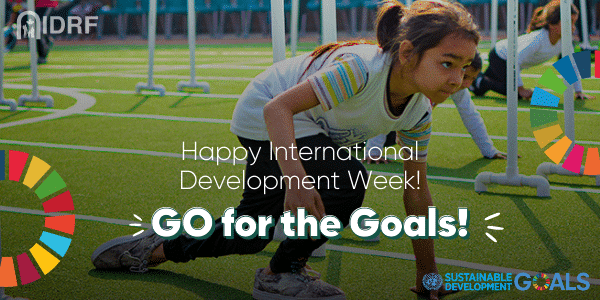
This year’s theme for IDW is “Go for the Goals,” with a focus on gender equality, health, and climate change. This theme represents a call to action for Canadians to support the achievement of the UN Sustainable Development Goals.
In September 2015, Canada and 192 other UN member states adopted the 2030 Agenda for Sustainable Development. The Agenda is a 15-year global framework centred on an ambitious set of 17 Sustainable Development Goals (SDGs), 169 targets and over 230 indicators. The 2030 Agenda envisions a secure world free of poverty and hunger, with full and productive employment, access to quality education and universal health coverage, the achievement of gender equality and the empowerment of all women and girls, and an end to environmental degradation.
These goals align with the values of IDRF and are supported by our vision, purpose, and programs.
IDRF’s approach to international development is focused on sustainability so that the needs of the present generation can be met without compromising the ability of future generations to meet their own needs. Globally, we work with local partners to implement long-term sustainable development and humanitarian projects during times of crisis. And our projects prioritize the safety, security and value of women and girls.
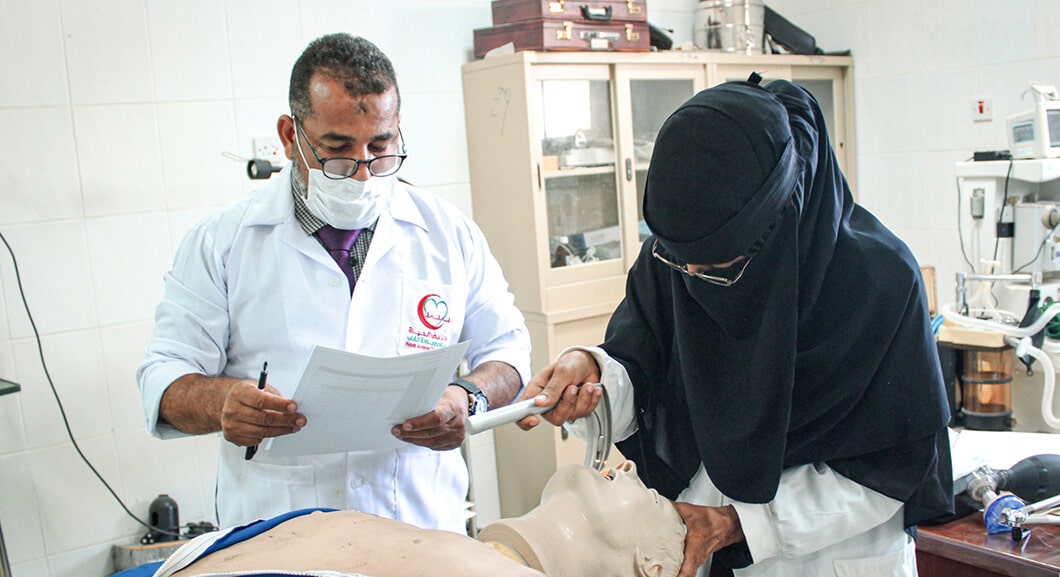
At the forefront of sustainable development is health – ensuring and promoting healthy well-being for everyone at every age. IDRF’s health programs give families in need access to quality health care services, and provide medical professionals with training to promote the well-being of both patients and healthcare personnel. In fiscal 2021, IDRF provided health care services to more than 310,000 people internationally including in India, Yemen, Turkey, and Palestine.
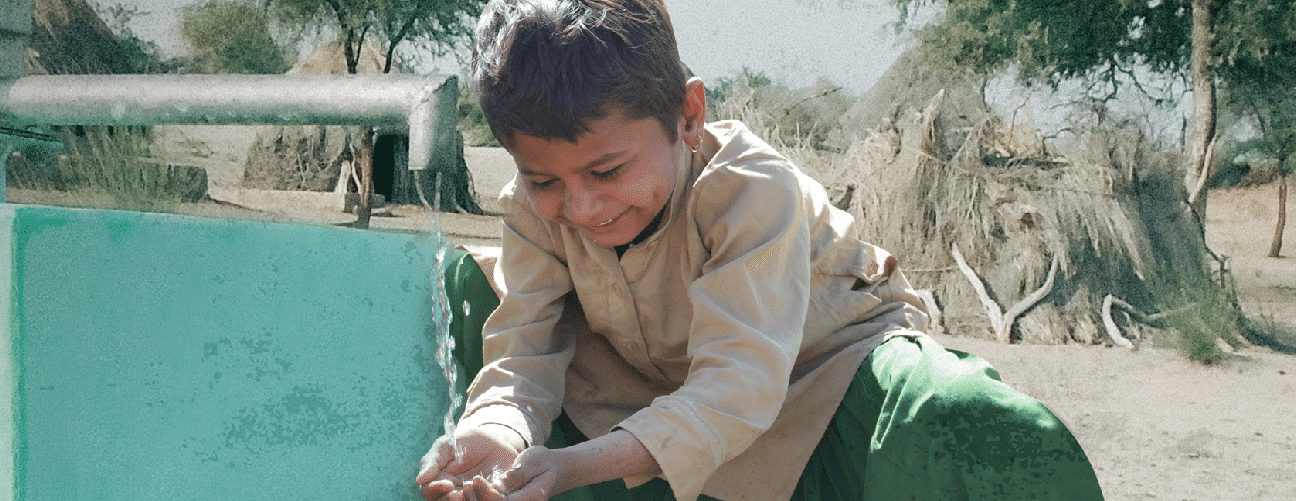
Helping communities to provide clean water, sanitation and hygiene is another important area of our international work. Water is essential; however, many water sources in vulnerable communities are unsafe, unhealthy and few and far between. Our Water, Sanitation and Hygiene (WASH) programs provide families with access to safe drinking water, sanitations facilities such as washrooms and hand wash stations, and hygiene education for men, women and children. Last year, some 350,000 people benefited from our WASH programs including in Niger, Palestine, and Yemen.
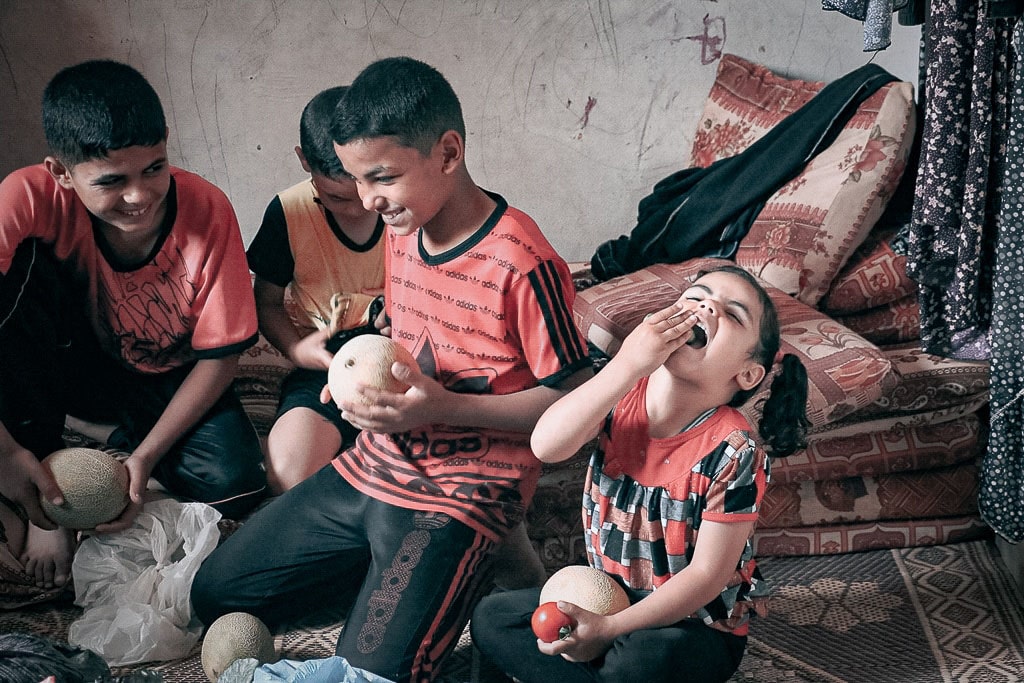
Food assistance is another humanitarian need that IDRF is helping to address. We provide families in vulnerable regions around the world with food packages and cash vouchers. Our food programs also educate families about nutrition to maintain healthy and sustainable food practices. This past year we supported 437,172 people with food assistance, including in Syria, Yemen, and Somalia.
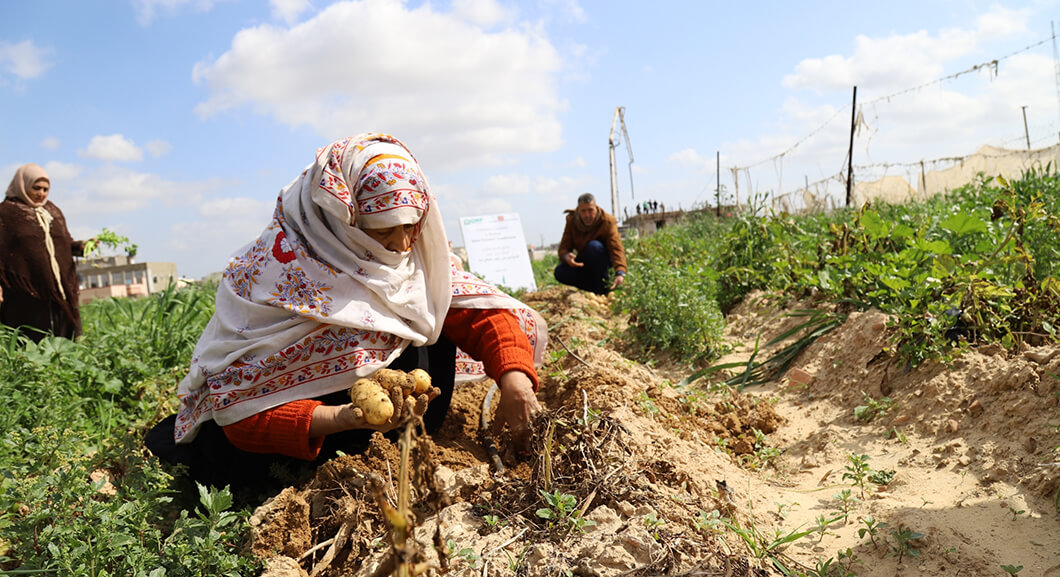
Our international Economic Development programs help men, women and young people transition from poverty to prosperity. We provide guidance and support to help program participants gain valuable job skills that enable self-reliance and increase the likelihood of long-term employment. We also work with local partners to support micro-loan and job placement programs. In fiscal 2021, more than 2,500 people received training and support needed to find jobs or start a business.
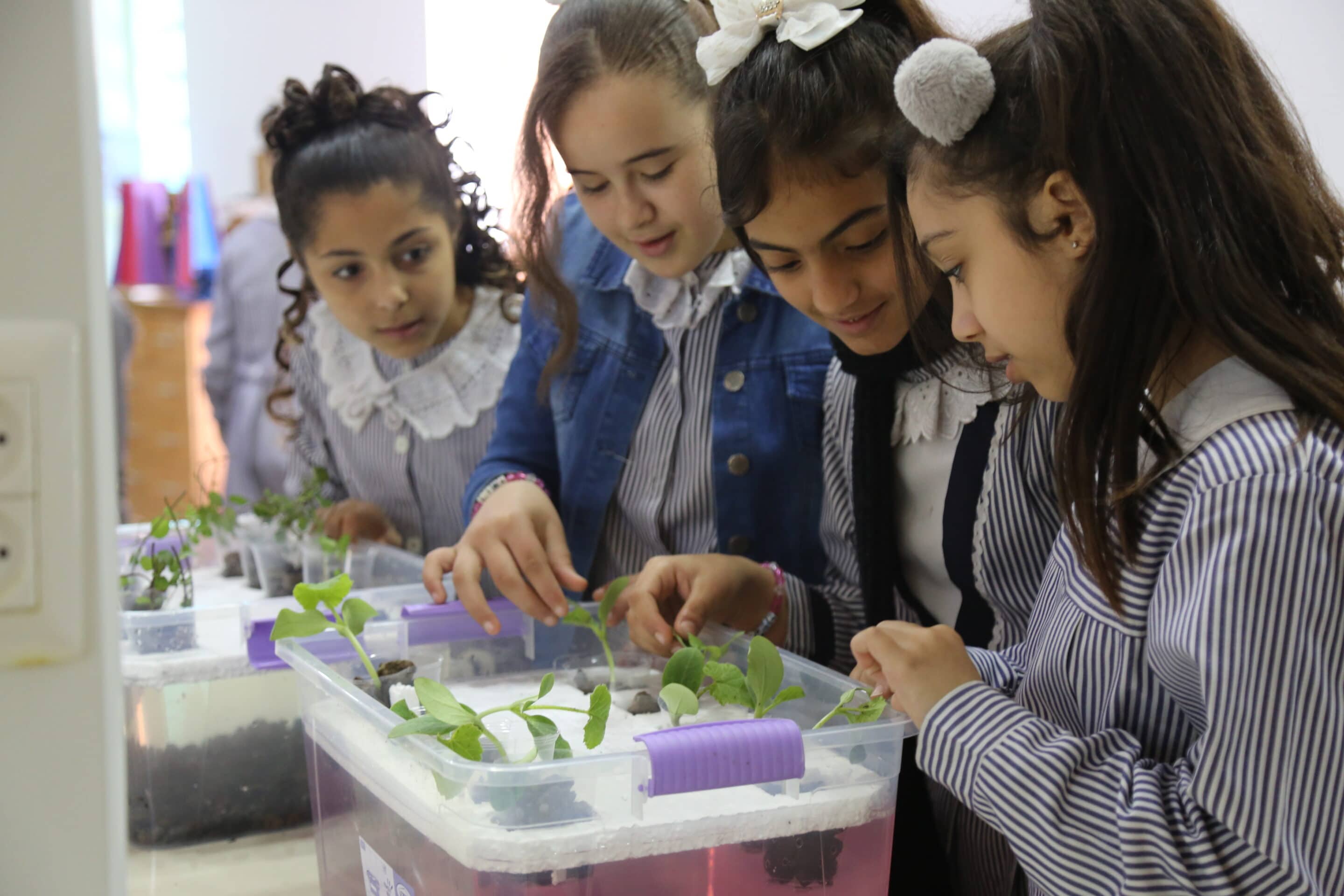
Education is the key to independence, self-reliance and eradicating poverty, and our programs provide children in vulnerable communities with free access to quality education. In particular, we build and support the capacity of education staff and infrastructure so children can receive a good education in a safe and secure environment. Last year, more than 37,000 people received educational support with IDRF support, including in Pakistan and Palestine.
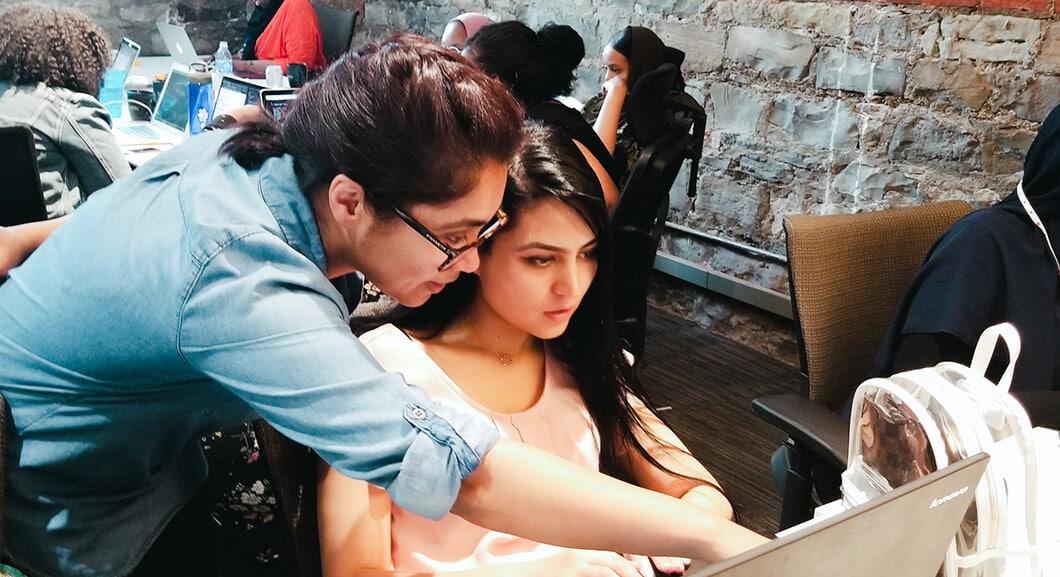
IDRF also provides economic development and educational support programs in Canada. These programs include Licensed to Learn (L2L), Women in Tech, Salesforce Training, and Get Job Ready. L2L is a peer-tutoring and mentorship program that supports thousands of young people across Canada in schools and community agencies. Women in Tech provides women with scholarships to learn to code and build websites and apps using coding languages, a marketable skill in our high-tech world. Salesforce Training, in partnerships with The Rainbow Cloud Initiative, teaches participants to manage Salesforce’s cloud-based software which is used by more than 150,000 of their clients. And Get Job Ready, in partnership with Royal Bank of Canada, trains young people aged 19-29 to navigate the Canadian job market by strengthening the soft skills needed to be more employable.
During International Development Week, it is important to celebrate Canadian contributions to eradicating poverty and building a more peaceful, inclusive, and prosperous world. And we at IDRF are grateful to be part of a unique Canadian tradition in supporting the 2030 Agenda for Sustainable Development at home and abroad.
